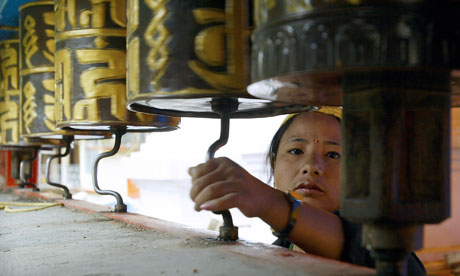BPL Card Holders to Get Subsidised Pulses through PDS
• In view of mismatch between demand and supply of pulses and lower acreage under pulses in 2012-13, and delayed monsoon the Government has decided to provide Rs. 20/-as subsidy on the import of pulses to state Governments.
• Imported pulses will supplied at reasonable prices to the BPL population through PDS. Designated import agencies will directly enter into contract with the States/UTs for supply of imported pulses.
• Subsidy of Rs.20 per kilogram will be paid to designated importing agencies up to a maximum of the number of BPL card holders in a particular state.
• The proposed scheme will make available pulses, a critical protein requirement to the vulnerable sections of society, BPL card holder, at subsidized rates.
• State/UT Governments will monitor and ensure that the distribution strategy enables the subsidy benefit to reach the targeted population.
• This scheme will be in operation till 31.03.2013 and a decision regarding its continuation will be taken early next year.
• In view of mismatch between demand and supply of pulses and lower acreage under pulses in 2012-13, and delayed monsoon the Government has decided to provide Rs. 20/-as subsidy on the import of pulses to state Governments.
• Imported pulses will supplied at reasonable prices to the BPL population through PDS. Designated import agencies will directly enter into contract with the States/UTs for supply of imported pulses.
• Subsidy of Rs.20 per kilogram will be paid to designated importing agencies up to a maximum of the number of BPL card holders in a particular state.
• The proposed scheme will make available pulses, a critical protein requirement to the vulnerable sections of society, BPL card holder, at subsidized rates.
• State/UT Governments will monitor and ensure that the distribution strategy enables the subsidy benefit to reach the targeted population.
• This scheme will be in operation till 31.03.2013 and a decision regarding its continuation will be taken early next year.
